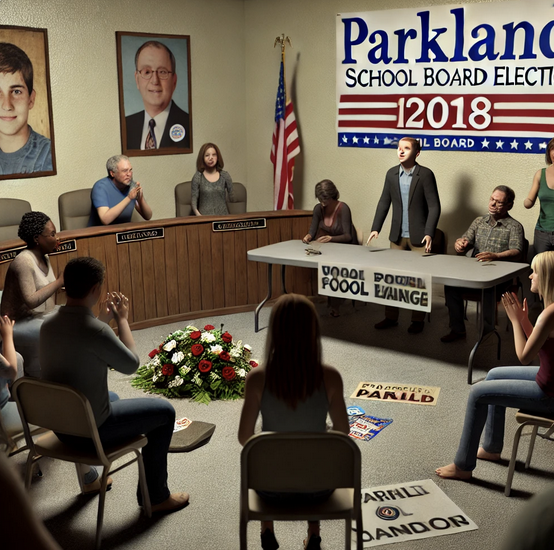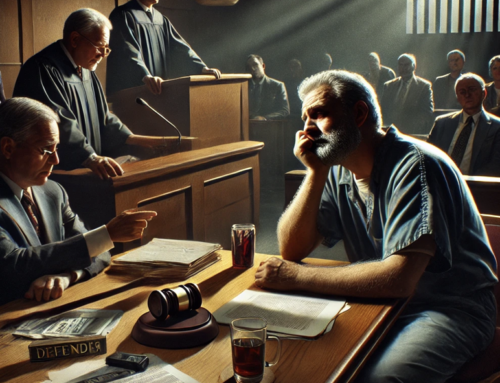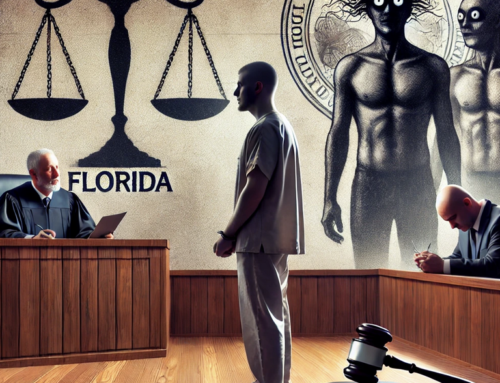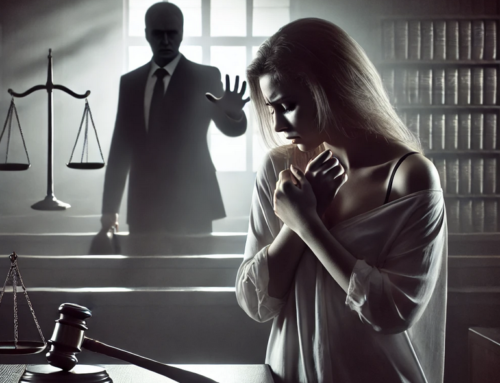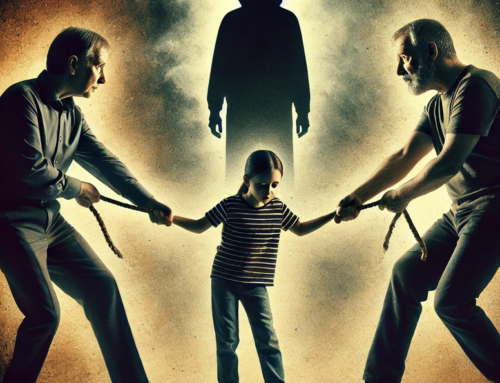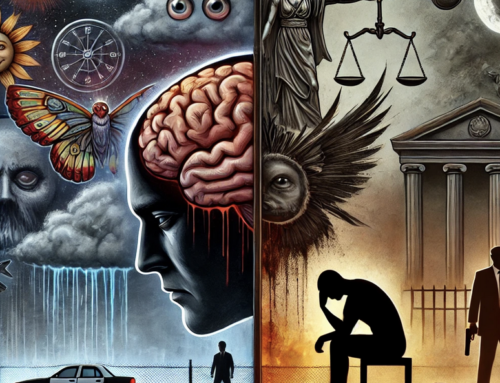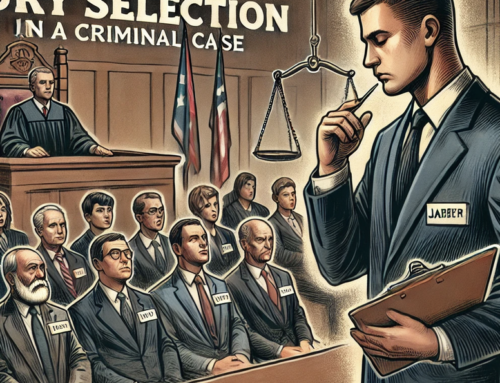Even numbered years are usually election years, and 2018 is no exception. Among other offices under consideration this year are several openings in Parkland school board in Broward County. School board elections are not usually so heated, but this one reflects the emotional atmosphere left by the Parkland school shooting.
A Little Background
On February 14, 2018, troubled 19-year-old Nikolas Cruz opened fire in a high school in Parkland, Florida. Before his shooting spree was over, he murdered seventeen people and wounded seventeen others. When he was done, he calmly ditched the gun and blended in with the students as they left the school. He then went to Walmart and purchased a soda from the Subway there, then went on to McDonald’s where he purchased food. He was subsequently arrested in the Coral Springs district, having been identified from the school surveillance tapes and eye-witnesses. He has since confessed.
Aftermath
Although school shootings have occurred in frightening numbers since 1999 despite tightened school security, they are still occurring. The Parkland shooting was so horrific that a $75,000 grant for bereavement counseling was given to the community. It is intended not only for the families of the victims but also for students at the school and members of the community.
What Makes a School Shooter
An analytical news story by Brittany Wallman and Stephen Hobbs in the Florida newspaper, the Sun Sentinel examines who might be a school shooter. The opening line of the article is a telling one, “The biggest threat to students is other students.”
They go on to say that former and current students have easy access to school buildings. Schools do their very best to screen outsiders. In many places, they have installed security systems that can scan identification, stopping visitors at the door until they are buzzed through into a reception area. They maintain permission lists for who can and cannot take students from the school grounds. But current and former students are often not scrutinized as carefully, nor are family members or people connected to the students.
This sobering conclusion helped prompt the formation of a fifteen-member commission to investigate the causes, actions during and results after the Parkland shooting. The commission includes parents of the teens who died, child advocates, and elected officials.
The Role of the Forensic Psychologist
This event, which was so horrific that one news article called for simply locking the youth away and not holding a trial at all, calls for professional examination by a forensic psychologist. In the wake of the event and as the investigation unfolds, crazy social phenomena are unfolding. Not only will the investigation reach into the way school officials managed the youth’s education, but Cruz is receiving fan mail from teens all over, including selfies of young women in lingerie. With these social developments in mind, it becomes not only the criminal trial for a young man but a trial for a school, for a whole community; a community that is already hurting and in shock.


